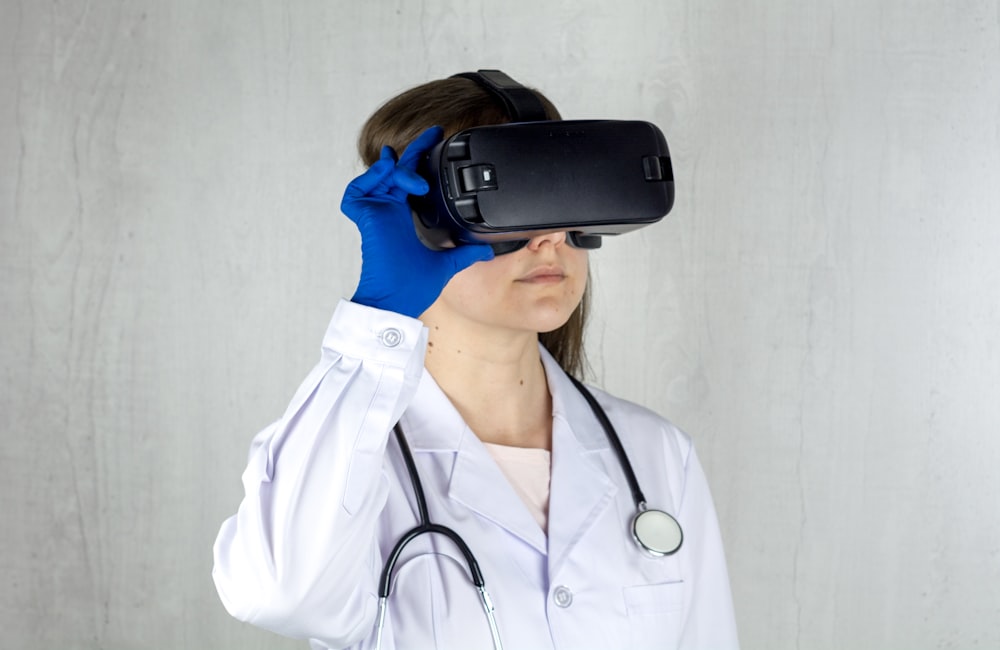
Augmented Reality in Healthcare Transforming Patient Care
Augmented Reality in Healthcare: A New Era of Medical Innovation
Introduction to Augmented Reality in Healthcare
Augmented reality (AR) is a technology that overlays digital information onto the real world. In healthcare, AR has the potential to revolutionize the way we diagnose, treat, and manage diseases. This article explores the various applications of AR in healthcare and how it is transforming the industry.
The Role of AR in Medical Education
One of the most exciting applications of AR in healthcare is in medical education. AR can be used to create immersive learning experiences that allow students to interact with virtual patients and medical scenarios. This can help students develop their diagnostic and treatment skills in a safe and controlled environment.
The Potential of AR in Telemedicine
AR also has the potential to revolutionize telemedicine. By overlaying digital information onto the real world, AR can provide remote healthcare providers with real-time data and guidance. This can improve the accuracy and efficiency of remote consultations and help healthcare providers make more informed decisions.
The Benefits of AR in Surgery
AR is also being used to enhance surgical procedures. Surgeons can use AR to overlay digital images of a patient’s anatomy onto their

